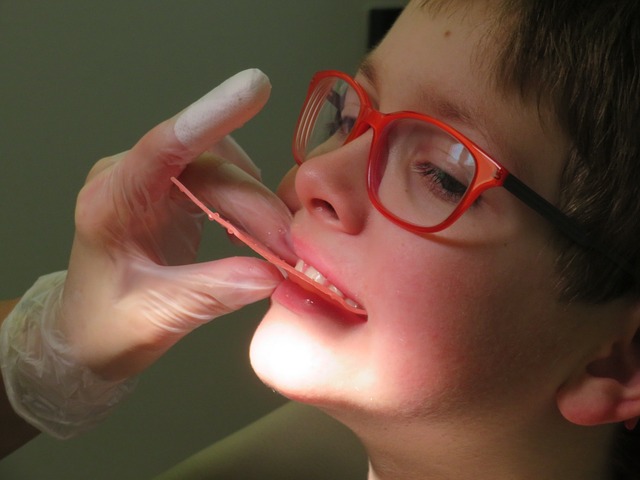During the February 2022 Chicago Dental Society Midwinter Meeting Dr. Gregory Psaltis gave an interesting talk titled “Dealing with Dr. Google.” Dr. Psaltis presented how nowadays patients are turning to internet searches to seek information on scientific topics and in particular their dental treatments. Based on what the patients find online this can cause them and their parents to challenge any recommendations.
In the talk Psaltis said how parents of young dental patients these days are arriving at dental practices and don’t agree with the recommendations the dentist suggests. He presented four such scenarios including that parent’s do not want x-rays for their child, that parent’s do not want flouride for their child, that parent’s only want tooth-colored crowns—not silver (stainless steel) for their child, and that parent’s only want only fillings for large lesions and never any crowns for their child. Psaltis feels that dentists need to respond to this behavior with effective communcation and asked those in attendance to think their how they would respond to such scenarios when a parent wants a certain type of dental care for their child. Psaltis feels that if dentists go with what the parents of their patients want in these scenarios and it goes against their knowledge of what is the correct dental care, then these dentists are losing their ethics and have lost their professional integrity. Psaltis says that dentists should state what they believe to be true and be prepared to send the patient to another practice. They shouold not try to convince them of the opposing position.
Psaltis discussed how due to the internet parents can become or attempt to become to fully educated on issues that affect their child. If the dentist says their child needs any crowns, fillings, or orthodontists the parents will look to verify that this makes sense online and if they happen to find a source tht suggests otherwise they will often challenge the dentists recommendations. In pediatric dentistry the most common challenged recommendations are for if x-rays are needed, the type of restorative and esthetic materials, and the effectiveness of fluoride. In the past it was common for dentists to present their patients and parents fact sheets on the treatments they were having. However, nowadays these fact sheets can be considered to be proganda and pushing a certain agenda by the dentist. Dentists need to be able to build trust with their patients to help them have confidence in their recommendations.

Psaltis talks about how this issue is not limited to dentistry but covers the broader scientific community at large. Their is a large amount of distrust on scientific issues. The COVID-19 pandemic has also contributed to some lack of trust on health recommendations that are made by those in the scientific community. The number of internet searchers through websites like Google have increased exponentially. Nowdays there are blogs, opinion sites, and factual sites to satisify nearly every possible situation and they can cater to one’s own personal beliefs and thus help to reinforce these beliefs. People tend to seek out information which they already believe to be true. Psaltis says that humans are fundamentally biased. People nowadays tend to gather information that advances their own beliefs.
Psaltis mentions some current controversies including that humans are causing global warming and presents articles that shows that multiple studies in peer-reviewed scientific journals show 97% or more agree that global warming is occuring. Another current controversy mentioned is that breast feeding causes Early Childhood Caries (ECC). Psaltis mentions that the scientific view is that there is no evidence to show this link however the AAPD (American Academy of Pediatric Dentistry) says that night-time bottle-feeding with milk and ad libitum breast feeding are associated with ECC and the ADA (American Dental Association) says that breast feeding a childs first tooth erupts can lead to increased risk of caries (cavities). Another current controversy mentioned is that mercury in dental fillings is harmful. Psaltis says the FDA (Food and Drug Administration) says that mercury is cheaper and less likely to break than other filings and is safe for those over 6 and the FDA and ADA says no studies have shown adverse effects. However, websites on the internet have discussed that mercury endagers health and studies have shown that those with mercury fillings have chronic fatigue syndrome, thyroid conditions, and neurological conditions. Yet another controvesy is that fluoride is dangerous to one’s health. Psaltis mentions how the AAPD and ADA say it is safe and effective to reduce the risk of caries. Websites like those from the International Academy of Oral Medicine and Toxicology (IAMT) say that flouride sources should be eliminated.
Psaltis believes that science is the best source for making reasonable and correct decisions. He hopes that the loudest voices in the room fades in the future and the issue of parents and patients questioning their dentists suggestions will fade in the future.
